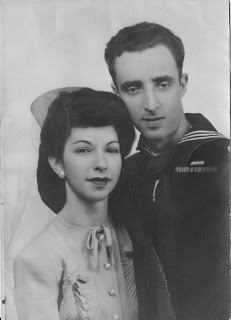I've been spoiling myself lately with my favorite gift: travel. Along my paths over the past few months I've made the extra effort to visit my favorite independent bookstores. In an America where the indie is becoming a thing of the past, I've paid special attention to these hallowed spaces. Here's a quick list of independent books stores I've visited from west to east in the past four months:
Powell's, Portland, Oregon
As far as independents go, this one may be the big papa. There are six locations in Portland, housing over four million books. According to Wikipedia, Powell's buys over 3,000 used books per day. Annual revenues top forty-five million.
I spent only an hour in Powell's, mainly wandering, attempting to find my bearings. With 68,000 square feet, maybe you can understand why. If I'd had the opportunity, I could have stayed there for days.
What I bought: Flight Behavior, Barbara Kingsolver (for my flight home.)
Book People, Austin, Texas
This store is a dream. In a great location, walkable to notable Austin landmarks (and Amy's Ice Cream) and filled with year-round author events, Book People delivers. It's spacious, clean, and has a great children's department.
It's also full of Texas titles and local history. Austin, like Portland, is a great city with its own spirit, and Book People reflects that.
What I bought: The Mark of Athena, Rick Riordan, (for my thirteen-year-old daughter.)
Joseph-Beth Booksellers, Lexington, Kentucky
If I had a bookstore home, I would pick this one. With current renovations underway, the store is quickly changing shape. I haven't lived in Lexington since 1991 (and left Kentucky in 2000), yet this former indoor mall-turned kick-ass bookstore will always be my favorite.
What I bought: Head Off and Split, by Nikky Finney (Poetry collection, a gift to self.)
Malaprops, Asheville, North Carolina
I hadn't been to Asheville in years, and this was the first place I wanted to go. Malaprops, as my nephew once told me, "has good mojo."
We met good friends and wandered for an hour or so. I noted with sadness that we missed Barbara Kingsolver's Asheville event by two days, and Ron Rash's reading by only four.
I love the feel of this store. They have a great selection and love for Southern Literature and North Carolina writers, as well as a funky, irreverent air that feels happy. This one is one of my favorites.
What I bought: Reached, by Ally Conde (for my thirteen year old daughter. We happened to be there on the day of its release. How could I say no?)
On a sidenote: we all give books for Christmas. I couldn't help but note that all four of these wonderful independent bookstores have robust websites and online shopping carts. I included their links above. Why not consider buying online from an independent this holiday season and support local businesses? Better yet, if you live near one of these fabulous stores, take advantage of it, and buy direct. You'll get the added benefit of personalized attention, attentive staff members, and the joy of shopping in a little slice of book heaven. Take advantage of it while you can!
















